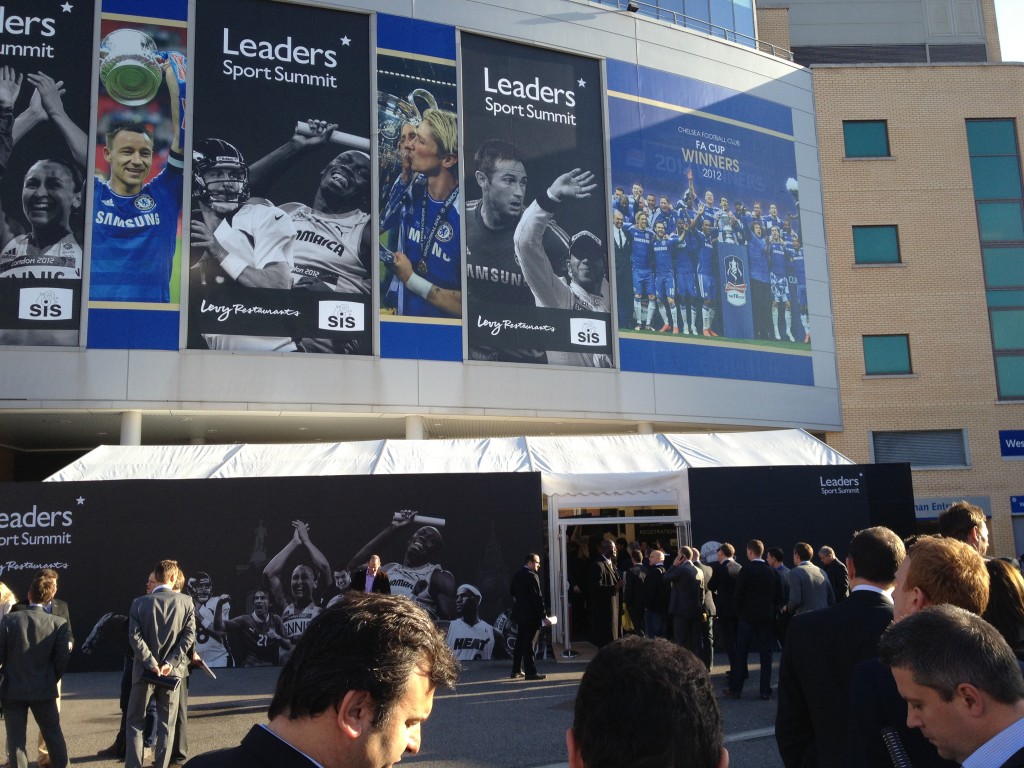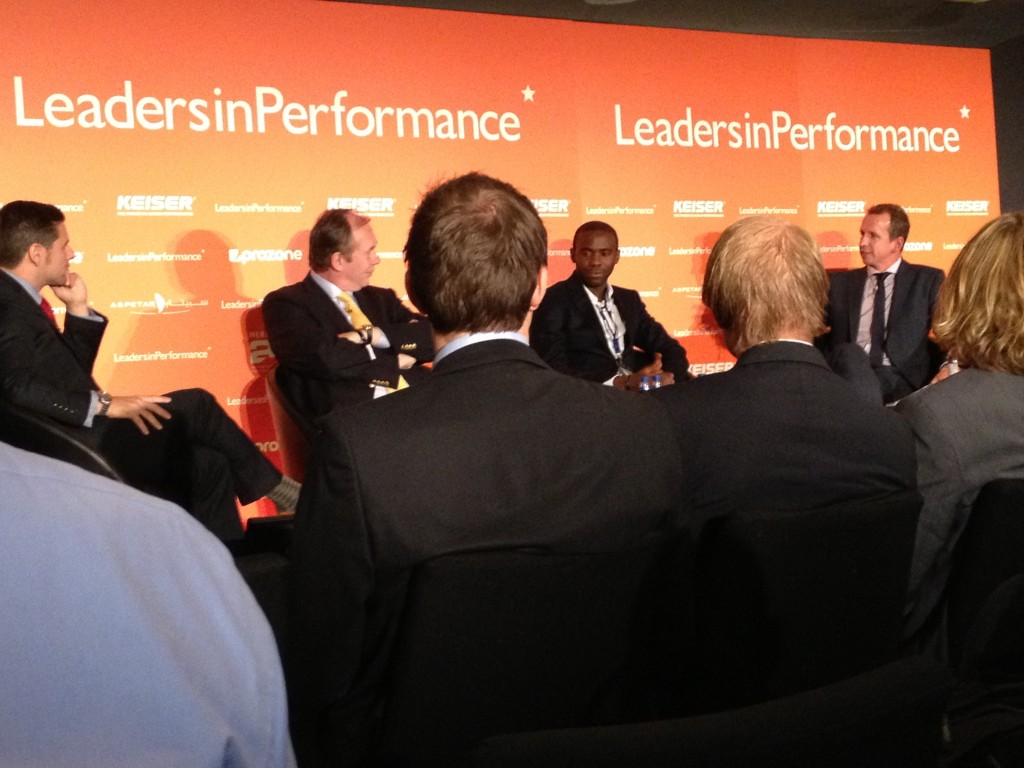|
There comes a time when one must take their learning to another level. The Leaders in Performance conference was one of the five conferences within the Leaders Sports Summit program. Held on the grounds of Stamford Bridge of Chelsea FC in London, this full conference consisting of 1700 delegates was not only an opportunity for networking, but more importantly, a means to uncover applicable best practice strategies from multi-disciplinary panels of global leaders in sports today. With a conference of this magnitude and a delegate list of such high caliber, it was of utmost important for me to unravel the most practical of messages and lessons for my current day to day work. And unlike much of the educational conferences I am accustomed to attending, it is certainly easy to fall in awe of the glitz and glamour of the environment. Aside from the keynote lectures that started off each day, the sessions were formatted in a manner whereby leaders and experts sat together in a panel, sharing their knowledge and viewpoints in question and answer format. Thus, leading to insightful discussions of sports performance.
But amongst the discussions, it was clear to me that the most prominent message was the importance of a strong and foundation of culture in sports performance success. And inherent within this message, lies the inextricable being of the human. So without further ado, here is the summary. Day 1 Aspetar Pre-conference Sports Medicine Symposium
Keynote - Leading from the Top: How Team Culture Predicts Team Success
Fail to Plan? Plan to Fail: How to Get Your Team Ready for Action
The Perfect Storm: Innovation, Technology and Performance
Testing in the Pursuit of High Performance: The Do's and the Don'ts
0 Comments
Leave a Reply. |

